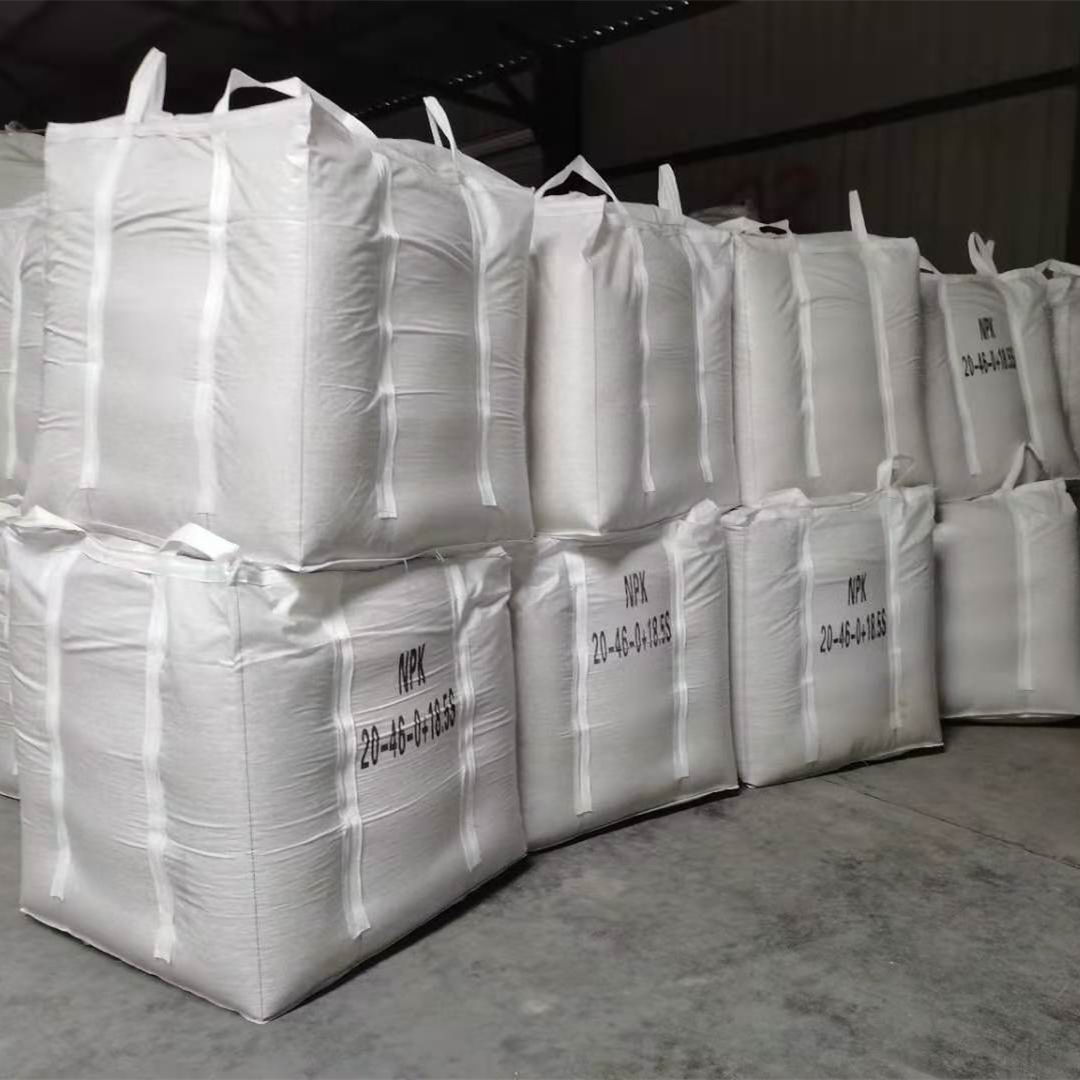
Ağu . 15, 2024 00:19 Back to list
Exploring the Benefits and Uses of Black Potash Fertilizer in Sustainable Agriculture Practices
The Benefits and Uses of Black Potash Fertilizer
In the world of agriculture, the quest for sustainable and effective fertilizers has led to the emergence of various innovative solutions. One such solution is black potash fertilizer, a mineral-rich product that has gained popularity among farmers and gardeners alike. This article explores the significance, composition, benefits, and application of black potash fertilizer in modern agriculture.
What is Black Potash Fertilizer?
Black potash fertilizer is derived primarily from natural sources, often utilizing the ashes from burned plant material, particularly wood. Potash refers to a potassium-rich product that is critical for plant growth, and the black in its name typically refers to the color of the residue after combustion. This type of fertilizer contains not only potassium but also other essential nutrients and minerals, including magnesium, calcium, and trace elements that contribute to soil health and plant vitality.
Importance of Potassium in Agriculture
Potassium is one of the three primary nutrients required for plant growth, alongside nitrogen and phosphorus. It plays a crucial role in various plant processes, such as photosynthesis, water regulation, and enzyme activation. Adequate potassium levels in plants lead to improved drought resistance, enhanced crop quality, and increased disease tolerance.
Benefits of Using Black Potash Fertilizer
1. Natural Source One of the primary advantages of black potash fertilizer is its natural origin. Unlike synthetic fertilizers, which may contain harmful chemicals, black potash is organic and contributes to a more sustainable agricultural practice.
black potash fertilizer

2. Soil Health In addition to supplying potassium, black potash enhances overall soil structure and fertility. It improves the soil's ability to retain moisture and facilitates the growth of beneficial microorganisms. This, in turn, leads to a healthier soil ecosystem.
3. Nutrient Release Black potash fertilizer is known for its slow-release properties. This means that nutrients are available to plants over an extended period, reducing the risk of nutrient leaching and providing a more constant supply of essential elements throughout the growing season.
4. Enhancing Crop Quality Research has shown that crops treated with black potash fertilizer often exhibit improved quality, including better taste and higher market value. This is particularly important for cash crops such as fruits and vegetables, where quality directly impacts profitability.
5. Environmental Benefits By using black potash fertilizer, farmers can reduce their reliance on chemical fertilizers, which can lead to water pollution and soil degradation. The use of natural amendments supports a more balanced ecosystem and promotes biodiversity.
Application of Black Potash Fertilizer
Applying black potash fertilizer requires careful consideration of crop needs and soil conditions. Farmers should conduct soil tests to determine the nutrient levels before application. Generally, black potash can be applied before planting or during the growing season as a top-dressing. It is important to follow recommended application rates to avoid over-fertilization, which can lead to negative environmental impacts.
Conclusion
In conclusion, black potash fertilizer presents a valuable opportunity for farmers seeking to enhance crop productivity sustainably. By providing essential nutrients, improving soil health, and promoting eco-friendly practices, black potash serves as an effective solution in modern agriculture. As awareness of sustainable farming practices continues to grow, black potash fertilizer stands out as a natural, beneficial option for enhancing the health of both crops and the environment. With its numerous advantages, it is likely to remain an important component in the agricultural toolkit for years to come.
-
10 10 10 Fertilizer Organic—Balanced NPK for All Plants
NewsJul.30,2025
-
Premium 10 10 10 Fertilizer Organic for Balanced Plant Growth
NewsJul.29,2025
-
Premium 10 10 10 Fertilizer Organic for Balanced Plant Growth
NewsJul.29,2025
-
Premium 10 10 10 Fertilizer Organic for Balanced Plant Growth
NewsJul.29,2025
-
50 Pound Bags of 13-13-13 Fertilizer for All Plants – Bulk & Organic Options
NewsJul.28,2025
-
High-Efficiency 15-30-15 Granular Fertilizer for Healthy Crops
NewsJul.28,2025
